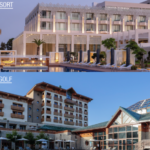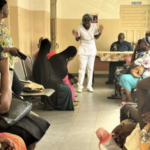Soon, a good number of Ghanaians will struggle to get water running through their taps at home – the result of shutdown of five major water treatment plants by the Ghana Water Company Limited (GWCL).
The shutdown of the plants, according to the GWCL was prompted by the flooding situation which caused havoc to its installations.
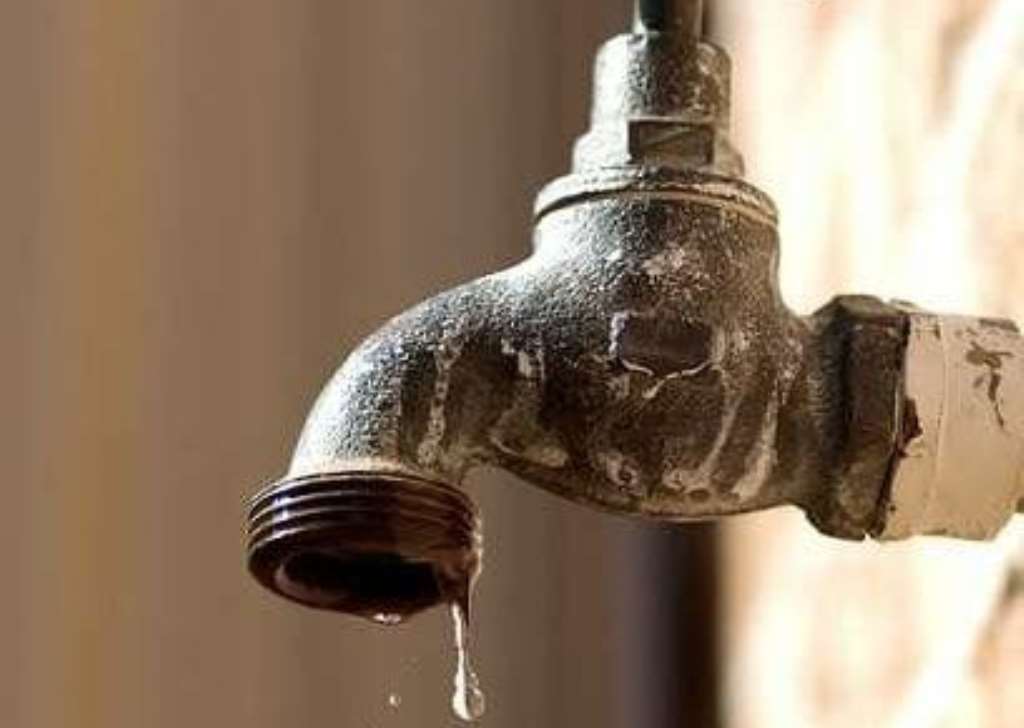
On 4th October, 2022, most parts of the Ga South Municipality of the Greater Accra Region of Ghana were flooded. Many, including women and children had to be evacuated to safety in canoes.
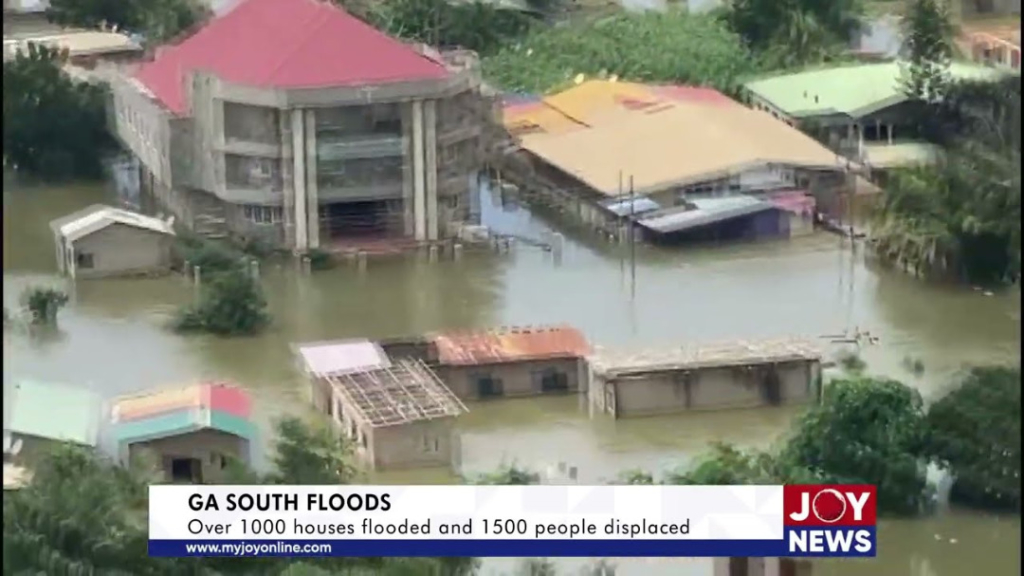
Across the world, a growing number of communities – both coastal and inland – are finding themselves underwater. Extreme weather, sea level rise, and other climate change impacts are increasingly to blame.
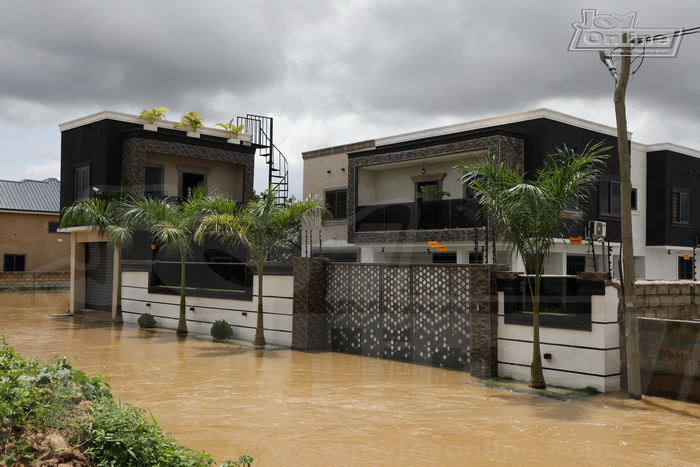
The world needs to take action on climate change now, to save the planet, ensure there’s food for its people and their habitation is generally conducive for humans.
As the year winds down, global leaders have been working around the clock to try and tackle events that lead to climate change in order to look for solutions. Many gatherings of these leaders go the extra mile to address the issue. Recent conferences by Bloomberg, Reuters, KFW/DEG, the UN General Assembly, Clinton Global Foundation climate change was the front burner.
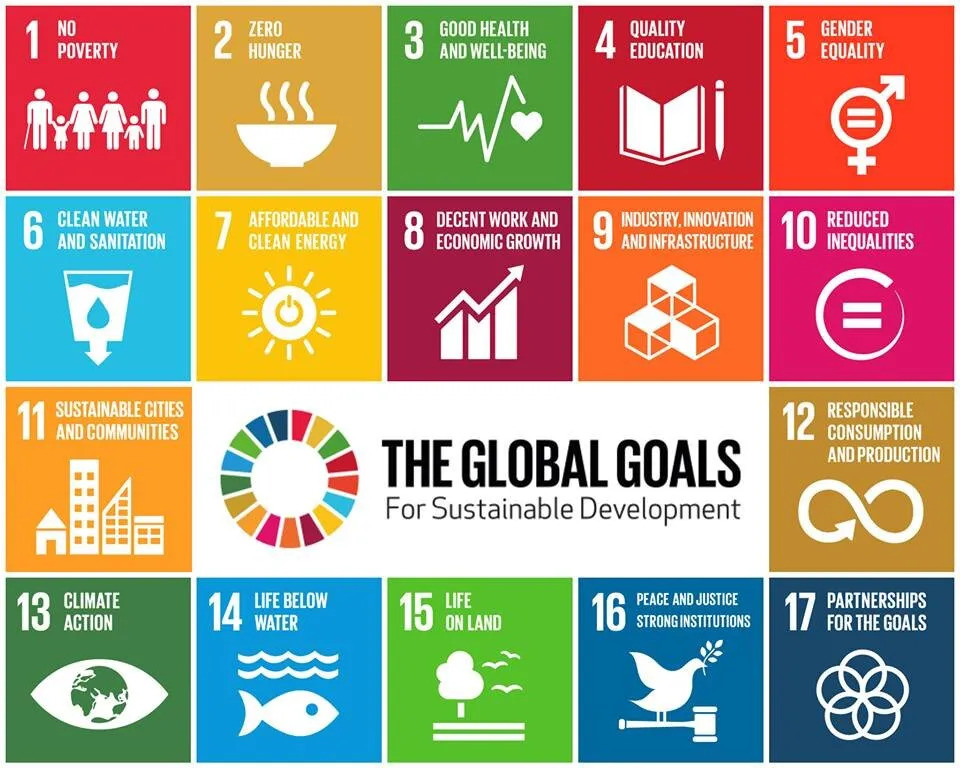
A major approach is the NetZero topic. It simply refers to the balance between the amount of greenhouse gas produced and the amount removed from the atmosphere. We reach net zero when the amount we add is no more than the amount taken away. How much of the solution is Ghana contributing to this global effort?
President Akufo-Addo was one of the leaders at the UN General Assembly and pledged commitment. But how much work can individuals also put in?
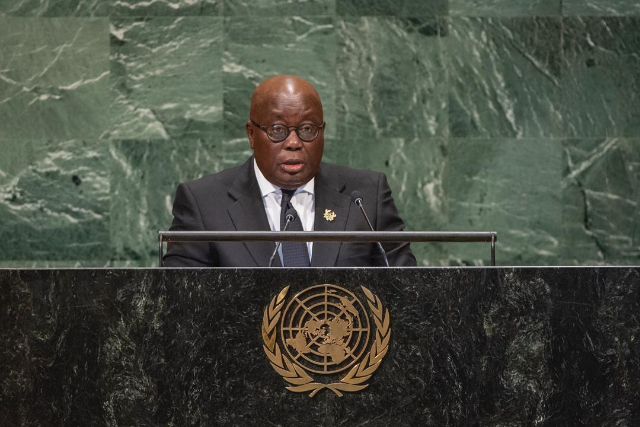
At the Clinton Global Initiative (CGI) conference, the world’s top global leaders such as Unilever’s Alan Jope, WTO’s Ngozi Okonjo Iwela, Hilary Clinton, IKEA’s Global CEO, Jesper Brodin, CEO of Moderna discussed solutions to climate change and Energy transition.
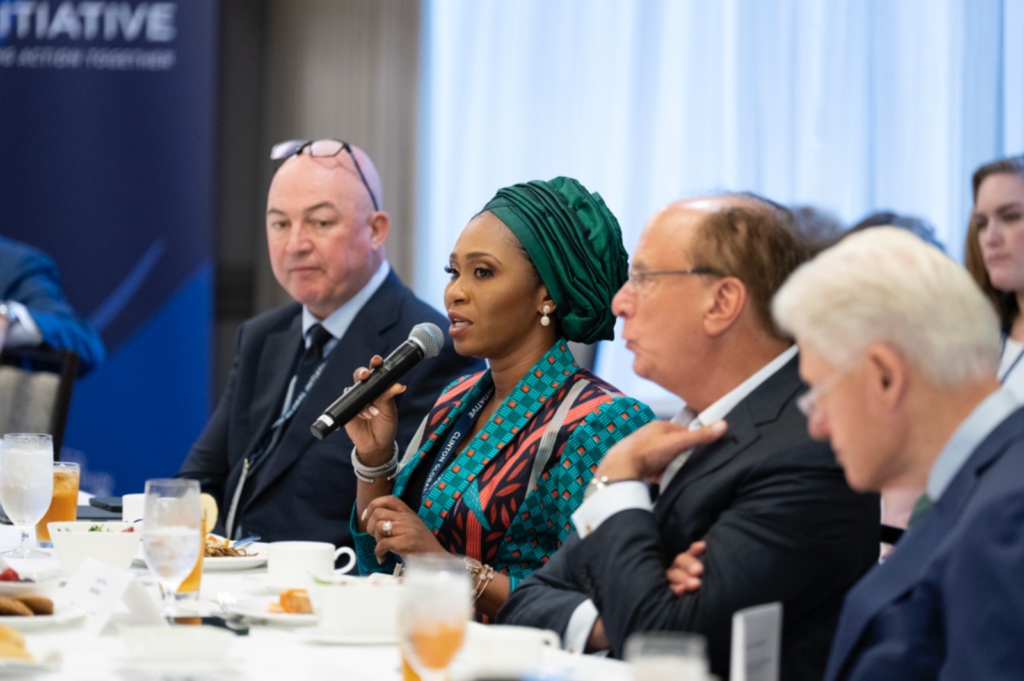
Notable amongst them, Salma Okonkwo, the leading Ghanaian entrepreneur and energy thought leader who founded BluePower Energy, which is developing Ghana’s largest solar farm. Notably, she is the first Ghanaian to speak at a CGI event in the last five years. Salma led a panel on a fair energy transition and was the only African at a close-door roundtable on climate change with President Bill Clinton.
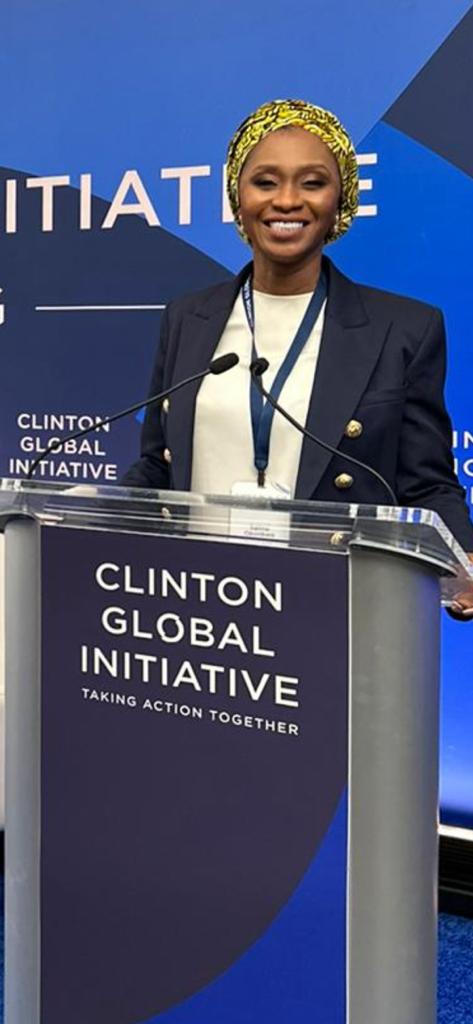
Her company, BluePower, specializes in cost-effective solar energy solutions for individuals, small businesses and large commercial concerns. It is their quest to provide clean energy, and Salma’s position as a thought leader having been featured in Forbes, Harvard Business Review, and as a “Africa Energy and Power Elite,” which earned Salma the invitation to speak at this CGI Annual Meeting in New York during the UN General Assembly last month.
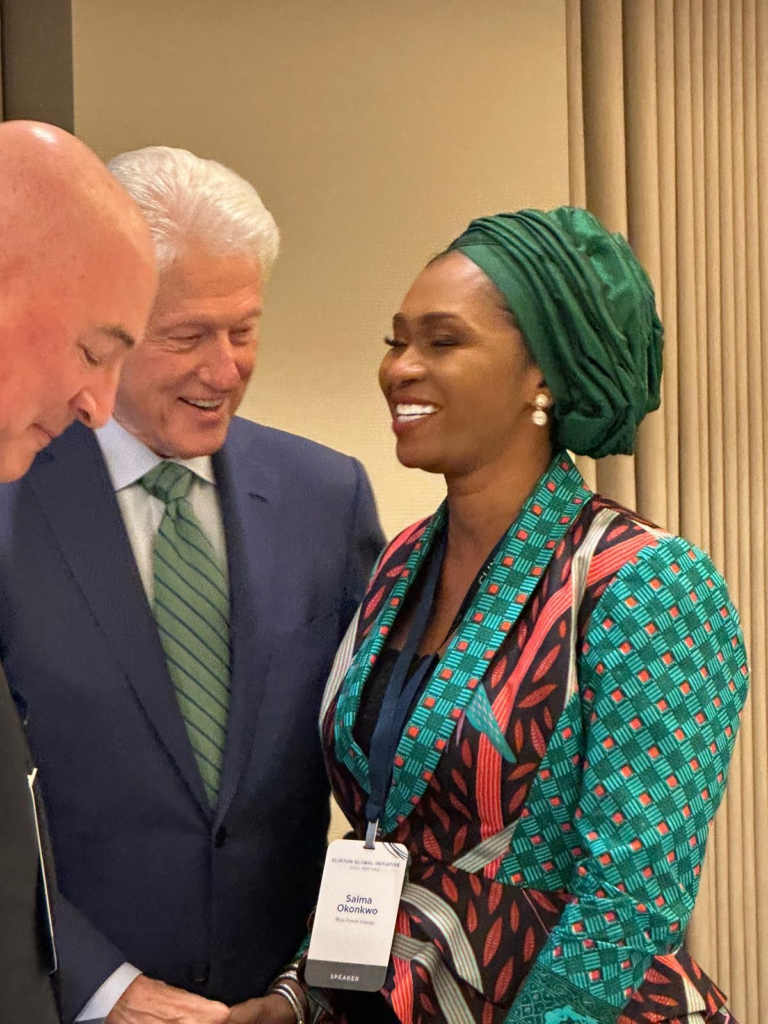
Salma is looking to the future with a lot of hope for Ghana and Africa. She believes Africa’s time for industrialisation is here. But the question remains, how can that revolution be controlled and be done in partnership with other countries in order to prevent the mistakes of other industrialised economies – and overall limit any negative impact on the environment.
The solution, she told the panel, lies in clean energy.
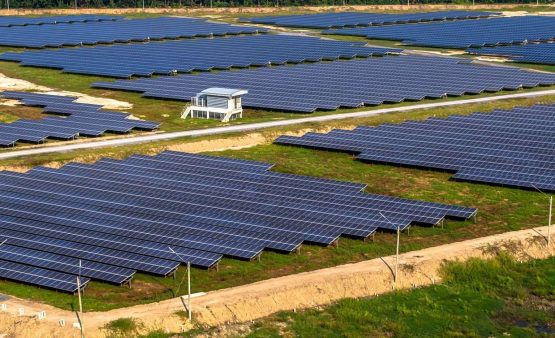
By the year 2030, the United Nations, under goal 7 of the Sustainable Development Goals, expects the world to cut reliance on fossil fuels which has become unsustainable and harmful to the planet.
In its place, a substantial increase in the share of renewable energy such as solar and wind.



